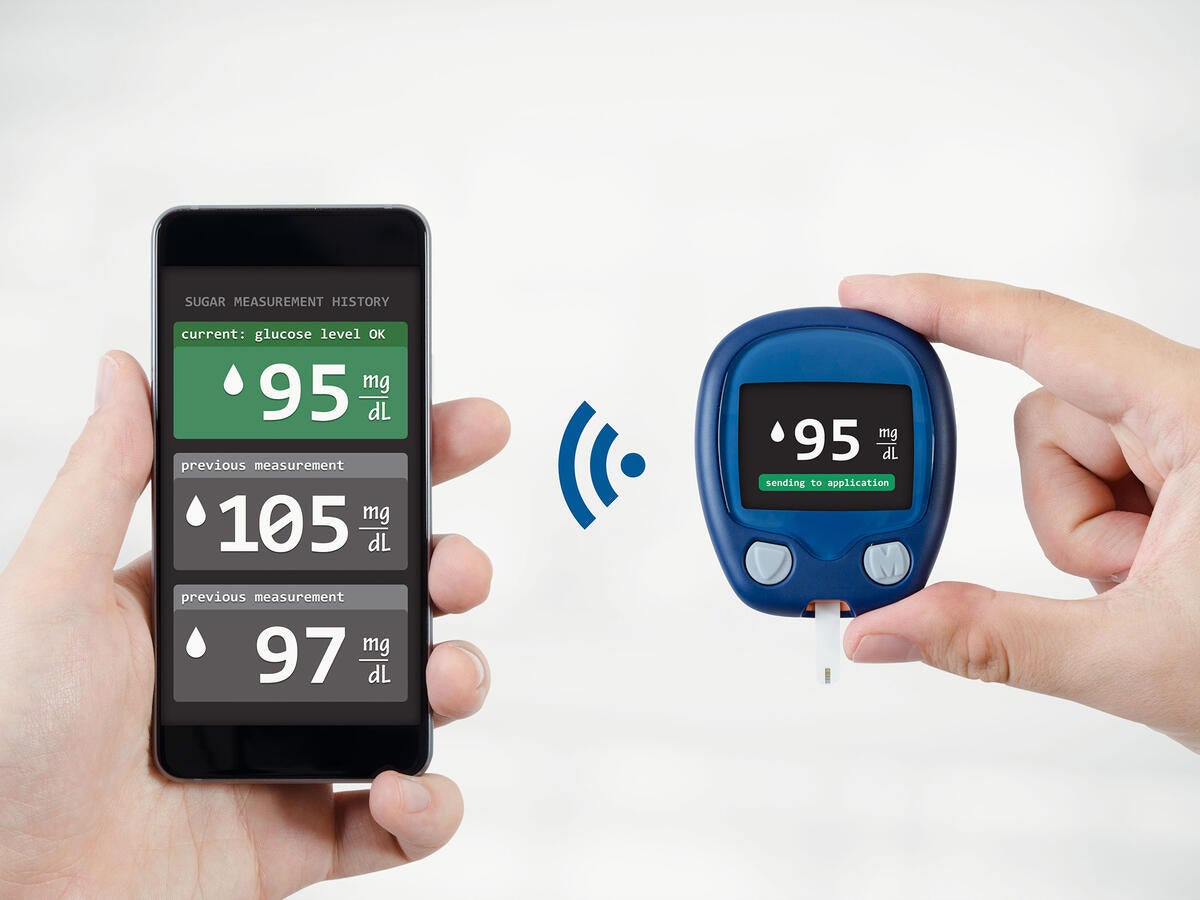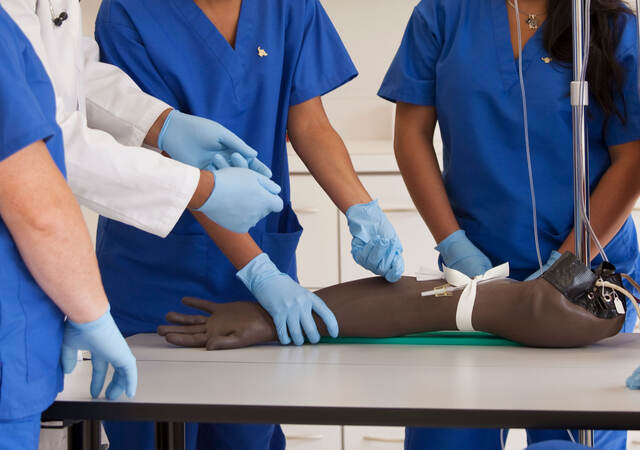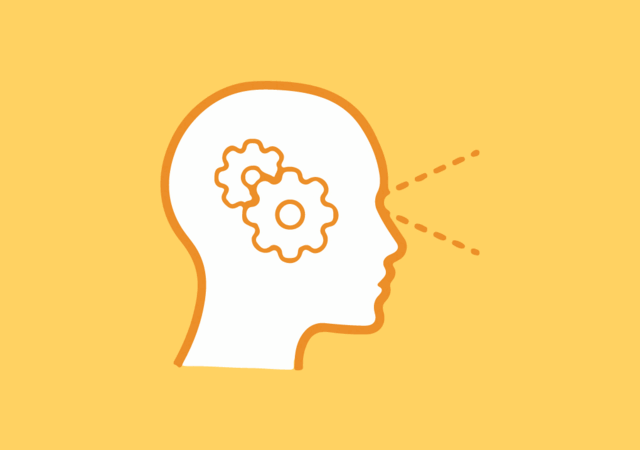Optimizing medical devices through user-centered design
Testing throughout the development process can help improve the success of medical devices. In addition to innovative engineering, developers also need insights into how real users will interact with products. Formative usability testing can play a key role in human factors research, providing the critical user data needed to refine products as they are being created.
What is formative usability testing?
Formative usability testing involves evaluating a product's design by observing representative users as they interact with prototypes or early versions of the device. The primary goal is to identify usability issues, gather user feedback and inform iterative design improvements. Unlike summative or validation testing, which assesses whether a product meets predefined criteria, formative testing is exploratory and diagnostic, focusing on uncovering areas for enhancement. Ideally, formative usability testing is performed at several points during development, with design iterations between each round of testing.
Why conduct formative usability testing?
The benefits of this type of medical device usability testing include:
Early problem detection
Identifying and correcting usability issues early in the development process reduces the risk of redesigning the device later.
User-centered design
Incorporating user feedback in the early development stages can enhance the user experience with the final product.
Regulatory compliance
Regulatory bodies, including the U.S. Food and Drug Administration (FDA), emphasize the importance of usability engineering in medical device development.
Efficiency
Adding user-validated design improvements throughout early development can help reduce the effort required to bring the device in line with user expectations later in the process.
Formative usability testing: Phases and implementation strategies
By incorporating formative usability testing into each stage of development, manufacturers gain vital insights that can lead to safer, more intuitive products that align with current medical device standards.
Phases and implementation:
Early-stage concept evaluation
Multiple design concepts are assessed to determine which best aligns with user needs and preferences.
Mid-stage prototype testing
Functional prototypes are evaluated to identify existing and potential usability issues.
Rapid iterative testing
Quick, successive tests are conducted to refine aspects of concern, such as interface elements of labeling.
Late-stage pre-validation testing
Comprehensive tests are performed to fine-tune the design before formal validation testing takes place.
Formative medical device usability testing with Emergo by UL
Integrating formative usability testing into your design process can enhance product safety, efficacy and user satisfaction. Emergo by UL offers a comprehensive suite of formative testing services tailored to the unique needs of each project. Our human factors specialists collaborate closely with customers to design and execute studies to produce actionable insights.
Collaborative and flexible engagement
Our team offers support ranging from full-service testing to advisory roles. Whether you need assistance with protocol development, participant recruitment, data analysis or reporting, we tailor our services to fit your needs.
Common medical device usability testing questions addressed
Medical device usability testing often raises important questions. Whether you’re new to formative studies or refining an established process, you may be looking for clarity on timelines, testing strategies or how to tailor studies to your product and users. Below, we address some of the most frequently asked questions to help guide your approach and highlight how Emergo by UL supports user-centered design.
- How long does it take to conduct a formative usability test?
The scope of testing varies widely based on the product and its intended users and use environments, as well as the specific test objectives. With a modest sample size and focused scope, we might be able to complete testing in just a couple of days with a few weeks of lead time for protocol development and participant recruitment and a week or two for a report-out. Testing could take a week or more for larger-scale projects with multiple user groups and longer test session lengths. We work closely with each customer to optimally scope each test to meet your research objectives, project timeline and budget.
- How many formative usability tests should a manufacturer conduct?
We advocate conducting many small-scale formative tests instead of only one or two larger ones. These tests may be basic or more sophisticated, including those that qualify as a pre-validation test. It is common for a manufacturer to plan at least three formative usability tests, perhaps complemented by one or more early design critiques.
- Can Emergo by UL plan a formative test and review the test report, leaving the customer to conduct the test, analyze the data and prepare the report?
We can. We scope our formative testing support in whatever way best meets each individual customer’s needs. This can include a more advisory approach, where we offer guidance through the testing process or by having Emergo by UL lead or support only a subset of steps. We would be pleased to discuss your needs further to develop a plan to meet your goals.
- Do you have any examples of customers you have worked with on formative usability testing?
Yes, we do. We worked with Alexza Pharmaceuticals on their Adasuve® inhalation system. In addition to other services provided, we assisted with formative usability testing by conducting studies to identify and address potential usability issues among two representative user groups: healthcare professionals (HCPs) and people with schizophrenia or bipolar disorder. After the testing was completed, we helped with the redesign. You can read more about it in the “Alexza Pharmaceuticals: Adasuve® Case Study.”
Ready to optimize your medical device design through formative usability testing?
Contact us to discuss how Emergo by UL can support your development process.
Related content
- Knowledge Task Testing to Validate Instructions and Warnings
- Ready, Set, Moderate: Actionable Tips for Leading Usability Test Sessions
- Are US Residents Representative Usability Test Participants for the Entire World?
- Choosing an Optimal Formative Usability Test Sample Size
- TalkingPoints: Human Factors and Usability of Medical Device News







